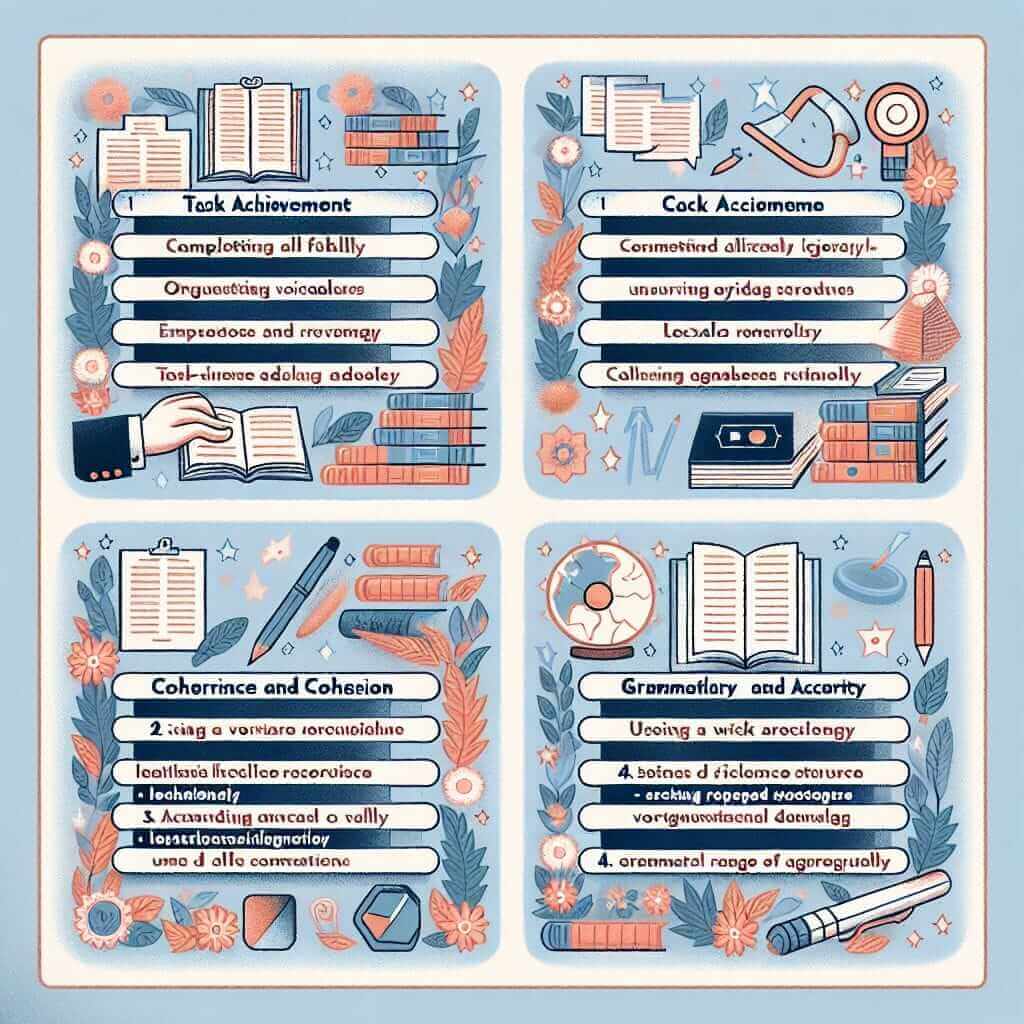As an IELTS instructor with over two decades of experience, I often encounter students fixated on the question: “How many words are required in an IELTS essay?”. While word count is important, it’s not about hitting a magic number. It’s about showcasing your English language proficiency effectively within the given time frame.
This comprehensive guide delves into the nuances of IELTS essay word counts, addressing common queries and equipping you with the knowledge to excel.
Understanding IELTS Essay Word Limits
The IELTS writing test comprises two tasks, each with a specified minimum word count:
- Task 1 (Report Writing): Minimum 150 words
- Task 2 (Essay Writing): Minimum 250 words
Note the emphasis on “minimum”. While there’s no official upper limit, exceeding the word count significantly isn’t advised. It often leads to poorly managed time, potential grammatical errors, and diluted content.
Does Writing More Guarantee a Higher Score?
Many students believe a longer essay equates to a higher score. This is a misconception. IELTS examiners assess your writing based on four key criteria:
- Task Achievement: Addressing all parts of the task, presenting a clear position, and supporting your arguments with relevant examples.
- Coherence and Cohesion: Organizing your ideas logically, using linking words effectively, and ensuring a smooth flow of information.
- Lexical Resource: Demonstrating a wide range of vocabulary, using less common words appropriately, and avoiding repetition.
- Grammatical Range and Accuracy: Using a variety of grammatical structures accurately and with appropriate punctuation.
Focus on fulfilling these criteria effectively within the given time limit. A concise, well-structured essay often scores higher than a lengthy, rambling one.

Finding Your Ideal Word Count
Instead of obsessing over a specific number, aim for a range that allows you to present your ideas comprehensively and coherently.
- Task 1: Aim for 160-190 words. This provides sufficient space to describe key features, highlight trends, and support your observations with data.
- Task 2: Aim for 260-290 words. This allows you to present a well-developed argument, provide supporting evidence, and reach a clear conclusion.
Remember, these are guidelines, not rigid rules. Your ideal word count may vary slightly depending on your writing style and the specific task requirements.
Practical Tips for Managing Word Count
- Plan Before You Write: Invest time brainstorming ideas and structuring your essay before putting pen to paper. This ensures a focused and organized approach, preventing unnecessary wordiness.
- Be Concise and Avoid Redundancy: Choose your words carefully, expressing ideas succinctly. Eliminate unnecessary words and phrases that don’t add value to your argument.
- Practice Regularly: Regular writing practice under timed conditions is crucial. It helps you gauge your writing speed, identify areas for improvement, and develop a sense of your ideal word count range.
Conclusion
Don’t let the word count become your primary focus. Instead, concentrate on crafting a well-structured, coherent essay that effectively demonstrates your English language skills. Remember, quality trumps quantity in the IELTS writing test. By following the tips outlined above and practicing diligently, you’ll be well-equipped to achieve your desired band score.